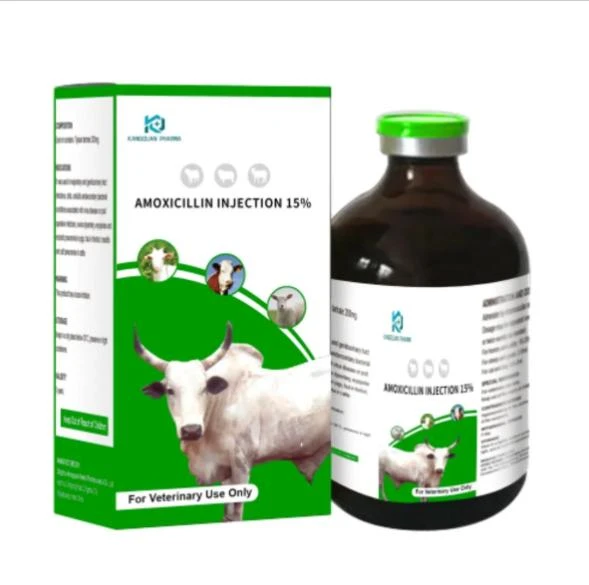- Afrikaans
- Albanian
- Amharic
- Arabic
- Armenian
- Azerbaijani
- Basque
- Belarusian
- Bengali
- Bosnian
- Bulgarian
- Catalan
- Cebuano
- Corsican
- Croatian
- Czech
- Danish
- Dutch
- English
- Esperanto
- Estonian
- Finnish
- French
- Frisian
- Galician
- Georgian
- German
- Greek
- Gujarati
- Haitian Creole
- hausa
- hawaiian
- Hebrew
- Hindi
- Miao
- Hungarian
- Icelandic
- igbo
- Indonesian
- irish
- Italian
- Japanese
- Javanese
- Kannada
- kazakh
- Khmer
- Rwandese
- Korean
- Kurdish
- Kyrgyz
- Lao
- Latin
- Latvian
- Lithuanian
- Luxembourgish
- Macedonian
- Malgashi
- Malay
- Malayalam
- Maltese
- Maori
- Marathi
- Mongolian
- Myanmar
- Nepali
- Norwegian
- Norwegian
- Occitan
- Pashto
- Persian
- Polish
- Portuguese
- Punjabi
- Romanian
- Russian
- Samoan
- Scottish Gaelic
- Serbian
- Sesotho
- Shona
- Sindhi
- Sinhala
- Slovak
- Slovenian
- Somali
- Spanish
- Sundanese
- Swahili
- Swedish
- Tagalog
- Tajik
- Tamil
- Tatar
- Telugu
- Thai
- Turkish
- Turkmen
- Ukrainian
- Urdu
- Uighur
- Uzbek
- Vietnamese
- Welsh
- Bantu
- Yiddish
- Yoruba
- Zulu
Nov . 27, 2024 19:36 Back to list
Ivermectin Injection for Sheep Uses, Dosage, and Benefits in Livestock Management
The Use of Ivermectin for Sheep A Comprehensive Overview
Ivermectin is a broad-spectrum antiparasitic agent that has gained significant popularity in veterinary medicine, especially for its application in livestock such as sheep. Recognized for its efficacy against a variety of internal and external parasites, ivermectin has become a cornerstone in the management of sheep health. This article aims to explore the use of ivermectin in sheep, its benefits, administration, and any potential concerns associated with its use.
Understanding Ivermectin
Ivermectin is a macrocyclic lactone derived from a fermentation product of the bacterium *Streptomyces avermitilis*. It operates by binding to specific chloride channels, leading to paralysis and death of parasites. Its effectiveness spans across nematodes, mites, and certain ectoparasites, making it a versatile tool in managing sheep health.
Benefits of Ivermectin for Sheep
1. Broad Spectrum of Activity Ivermectin is effective against a wide array of parasites including gastrointestinal roundworms, lungworms, and external parasites such as mites and lice. This broad-spectrum activity is particularly advantageous in pasture-based systems where sheep are susceptible to multiple parasite infestations.
2. Ease of Administration Ivermectin can be administered via injection, oral drench, or pour-on formulations. The injectable form is particularly favored in large flocks as it ensures accurate dosing and minimizes the chance of underdosing or overdosing, which can occur with less sophisticated methods.
3. Long-Lasting Effect Ivermectin has a prolonged duration of action, often providing effective parasite control for weeks after administration. This can reduce the frequency of treatments required and lower overall veterinary costs.
4. Reduction of Chemical Resistance One of the significant advantages of using ivermectin is its compatibility with strategic deworming programs. When used in rotation with other antiparasitic drugs, it helps mitigate the development of parasite resistance, which is a growing concern in sheep farming.
Administration Guidelines
ivermectin sheep injection

When administering ivermectin to sheep, several key considerations must be adhered to
- Dosing The dosage of ivermectin typically recommended is 200 micrograms per kilogram of body weight. It's crucial to accurately weigh the sheep to avoid dosage errors. - Method of Administration Ivermectin injection is generally given subcutaneously, preferably in the neck region to avoid meat quality issues. Care should be taken to administer the injection in a clean environment to minimize the risk of infection.
- Withdrawal Time After treating sheep with ivermectin, it's essential to observe the appropriate withdrawal period before selling the meat or milk. This ensures compliance with food safety standards and reduces the risk of drug residues in animal products.
Potential Concerns
While ivermectin is an invaluable tool in managing sheep health, there are some concerns regarding its use
1. Resistance Development Over-reliance on any single antiparasitic agent, including ivermectin, can lead to the development of resistant parasite populations. Therefore, it’s important for sheep farmers to implement integrated parasite management strategies.
2. Environmental Impact Ivermectin can have adverse effects on non-target organisms, particularly in aquatic ecosystems, when sheep manure containing the drug contaminates water sources. Farmers should be educated about proper disposal and management practices to mitigate these risks.
3. Adverse Reactions Although generally safe, some sheep may experience allergic reactions to ivermectin injection. Farmers should monitor animals post-treatment for any signs of adverse reactions and consult a veterinarian if concerns arise.
Conclusion
Ivermectin is a powerful and essential tool in sheep health management, offering broad-spectrum protection against a variety of parasites. When used responsibly and in conjunction with overall flock management strategies, it contributes significantly to the wellbeing of sheep and the productivity of sheep farming operations. By being informed about proper usage, dosage, and potential risks, sheep farmers can maximize the benefits of ivermectin while minimizing negative impacts, ensuring healthier flocks and more sustainable practices.
-
Guide to Oxytetracycline Injection
NewsMar.27,2025
-
Guide to Colistin Sulphate
NewsMar.27,2025
-
Gentamicin Sulfate: Uses, Price, And Key Information
NewsMar.27,2025
-
Enrofloxacin Injection: Uses, Price, And Supplier Information
NewsMar.27,2025
-
Dexamethasone Sodium Phosphate Injection: Uses, Price, And Key Information
NewsMar.27,2025
-
Albendazole Tablet: Uses, Dosage, Cost, And Key Information
NewsMar.27,2025













